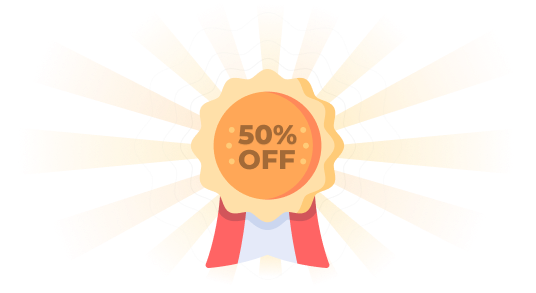What you will learn?
Download and Install Python Interpreter, Pycharm and Anaconda
Setting up Anaconda
Python Basics
Data Science with Python
Data Visualisation
About this course
Whether you want to:
- build the skills you need to get your first Python programming job
- move to a more senior software developer position
- get started with Machine Learning, Data Science, Django or other hot areas that Python specialises in
- or just learn Python to be able to create your own Python apps quickly.
…then you need a solid foundation in Python programming. And this course is designed to give you those core skills, fast.
This course is aimed at complete beginners who have never programmed before, as well as existing programmers who want to increase their career options by learning Python.
The fact is, Python is one of the most popular programming languages in the world – Huge companies like Google use it in mission critical applications like Google Search.
And Python is the number one language choice for machine learning, data science and artificial intelligence. To get those high paying jobs you need an expert knowledge of Python, and that’s what you will get from this course.
By the end of the course you’ll be able to apply in confidence for Python programming jobs. And yes, this applies even if you have never programmed before. With the right skills which you will learn in this course, you can become employable and valuable in the eyes of future employers.
Here’s what a few students have told us about the course after going through it.
“I had very limited programming experience before I started this course, so I have really learned a lot from the first few sections. It has taken me from essentially zero programming skill to a level where I'm comfortable using Python to analyze data for my lab reports, and I'm not even halfway done the course yet. There are other courses out there which focus on data analysis, but those courses are usually targeted at people who already know how to program which is why I chose this course instead. “ – Christian DiMaria
“I have been puttering through your Python course . In that time, though, and without finishing it yet I've been able to automate quite a bit at my work. I work in a school system and unifying data from our various student information systems can be incredibly frustrating, time consuming, and at times challenging. Using your course, I've learned enough to write applications that turn massive text files into dictionaries that get "stitched" together like a database and output to properly formatted CSV files and then uploaded via SFTP to various systems for secure processing. Our teachers, students, and the tech department have greatly benefitted from this automation. I just wanted to drop you a note thanking you for helping me learn this skill.” – Keith Medlin
“This course was great. Within 3 weeks I was able to write my own database related applications.” – Theo Coenen
And there are many more students who love the course – check out all the reviews for yourself.
Will this course give you core python skills?
Yes it will. There are a range of exciting opportunities for Python developers. All of them require a solid understanding of Python, and that’s what you will learn in this course.
Will the course teach me data science, machine learning and artificial intelligence?
No, it won’t do that – All of these topics are branches of Python programming. And all of them require a solid understanding of the Python language.
Nearly all courses on these topics assume that you understand Python, and without it you will quickly become lost and confused.
This course will give you that core, solid understanding of the Python programming language.
By the end of the course you will be ready to apply for Python programming positions as well as move on to specific areas of Python, as listed above.
Why should you take this course?
There are a lot of Python courses on Udemy – Your instructors, Tim and Jean-Paul are pretty unique in that between them they have around 70 years of professional programming experience. That’s more than a lifetime of skills you get to learn Python from.
You can enrol in the course safe in the knowledge that they are not just teachers, but professional programmers with real commercial programming experience, having worked with big companies like IBM, Mitsubishi, Fujitsu and Saab in the past.
As such you will not only be learning Python, but you will be learning industry best practices for Python programming that real employers demand.
And if that’s not enough take a read of some of the many reviews from happy students – there are around 100,000 students who have left around 19,000 reviews.
This is one of the most popular courses on Python programming on Udemy.
Student Quote: “Tim and JP are excellent teachers and are constantly answering questions and surveying students on new topics they will like to learn. This isn't a Python course it’s THE Python course you need.” – Sean Burger
Ready to get started, developer?
Enrol now using the “Add to Cart” button on the right, and get started on your way to creative, advanced Python brilliance. Or, take this course for a free spin using the preview feature, so you know you’re 100% certain this course is for you.
See you on the inside (hurry, your Python class is waiting!)
Suggested by top companies
Top companies suggest this course to their employees and staff.

FAQ
Comments (0)
Python is a high-level interpreted programming language that emphasizes code readability. It uses significant indentation to indicate code blocks.
Get started learning Python with DataCamp's free Intro to Python tutorial. Learn Data Science by completing interactive coding challenges and watching videos by expert instructors. Start Now!
Before getting started, you may want to find out which IDEs and text editors are tailored to make Python editing easy, browse the list of introductory books, or look at code samples that you might find helpful.
If you want to know whether a particular application or a library with a particular functionality, is available in Python there are several possible sources of information.

.jpg)







